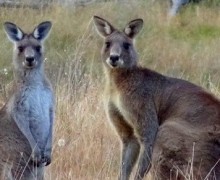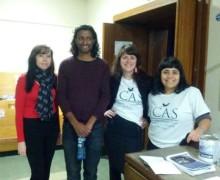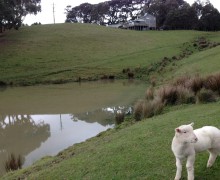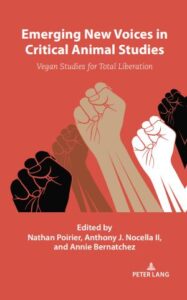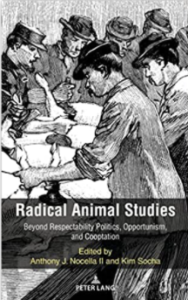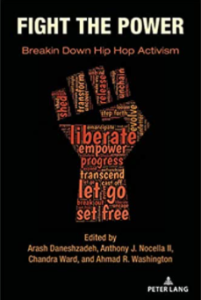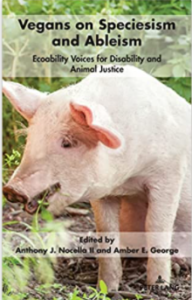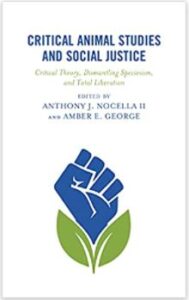Announcing Lecture and Book Launch with Dr Dinesh Wadiwel
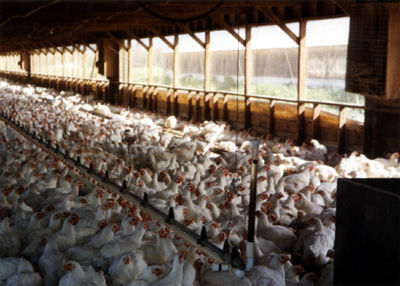 Animals and Capitalism: Use Value, Exchange Value and Surplus Value
Animals and Capitalism: Use Value, Exchange Value and Surplus Value
Book Launch and opening night address from Dr Dinesh Wadiwel at the 2015 ICAS Oceania Conference
There has been increased interest in the work of Karl Marx within critical animal studies, which have further developed classic approaches from authors such as Ted Benton and Barbara Noske. Drawing from Capital Vol.1 and Grundrisse, this paper will explore Marx’s conceptualisation of use value, exchange value, and surplus value in order to track the way in which demand for, and market value in, animals under capitalism has radically changed.
I will argue that industrialisation and capitalism have seen a contradiction arise with respect to animal value. On one hand, the emergence of mechanised production (as opposed to animal based labour), the rise of large scale vegetable protein production and distribution, and the development of alternatives to animal experimentation, have all dramatically reduced the intrinsic use value of animals (for humans). On the other hand, the socially realised use value of animals has never been higher: we use animals for food and experimentation on a scale that has never before been seen. The fact that we believe we need to use animals, has not necessarily meant that the relative exchange value for animals is high. On the contrary, the relative exchange values of some animals and animal products have progressively been eroded through a slow decline in real prices, in part as a result of technological and labour efficiencies, sometimes directly realised by the bodies of animals themselves (for example, through industrialised forced reproduction).
The summary of these processes is that at no time in human history have we had less need to use animals; yet we use animals on an unprecedented scale; and capitalism progressively has made it cheaper to sustain this logical contradiction. The emergence of animals as capital producing commodities only tells part of this story; I will explore the distinctive way animals have been drawn (subsumed) into the cycle of production of capitalism itself, so that “the consumption of the means of subsistence … [appears] … as a mere incident of the labour process itself, just as does the consumption of coal by a steam engine, of oil by a wheel or of hay by a horse” (Marx 1864). It is the nature of this subsumption that means that humans find it impossible to imagine living without animal utilisation.
I will finally offer some suggestions for thinking about resistance to the animal industrial complex through anti-capitalist strategy. Focusing on the example of the live export campaign, I will argue for a global animal rights movement which links with a global labour movement, as a strategy to resist the logics of value which apply to animals within contemporary capitalist economies.
Biography
Dinesh Joseph Wadiwel is Director of the Master of Human Rights at The University of Sydney. He has over 15 years’ experience working in the non- government sector, and has held senior positions in anti-poverty and disability rights related agencies. Dinesh’s research interests include sovereignty and the nature of rights, race and critical animal studies. He is author of the forthcoming book The War Against Animals.
To register for this talk, and the conference:
https://www.criticalanimalstudies.org/2015-oceania-icas-conference-registration-form/


